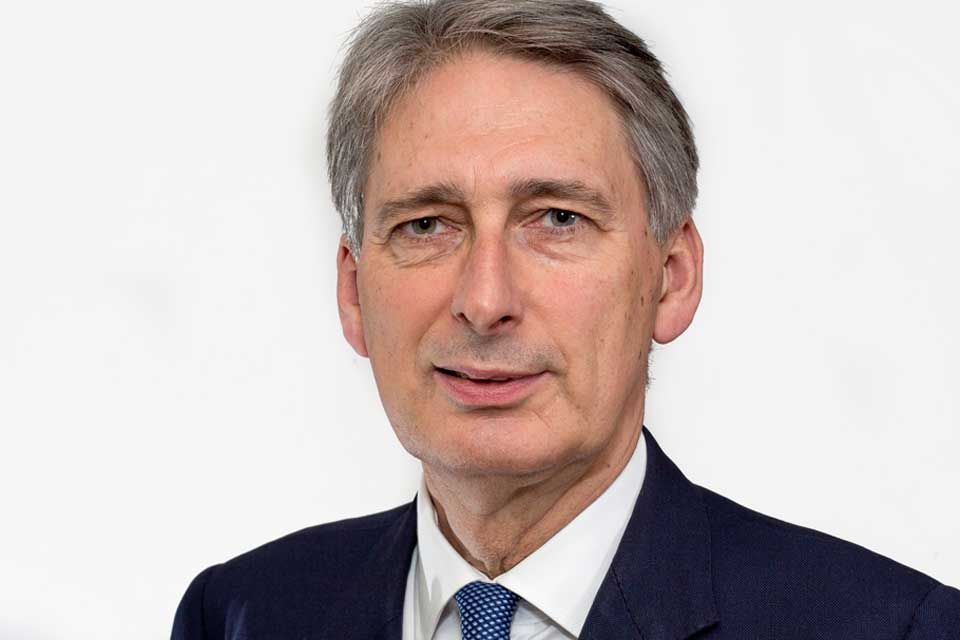Chancellor Philip Hammond used his budget speech to announce that local authorities in England will receive a further £650 million in social care funding next year – but reaction from health bosses has been mixed.
In addition, the NHS budget will increase by £20.5 billion after inflation by 2023-24 – within this, the NHS will increase mental health spending by more than £2 billion a year by 2023-24.
However, the measures have been branded a ‘sticking plaster’ that doesn’t do enough to counter fundamental issues in health and social care finances.
Speaking to The Guardian, Prof John Appleby, the chief economist of the Nuffield Trust, said: “After a financial squeeze of many years, much of this new money will be needed just to get the basics back on track – keeping up with rising need, addressing sliding [treatment] waiting times and fixing the worrying backlog of buildings needing repair.
“Our calculations show that after meeting the commitments already made to patients, only £500m will be free next year for any improvements – less than a tenth of the headline increase.”
Meanwhile, in a statement Niall Dickson, Chief Executive of the NHS Confederation, said: “This should have been a budget for the NHS to celebrate extra money after a decade of austerity, and make no mistake the confirmation of that money is welcome. But let no-one be in any doubt about the challenge ahead – rising demand, a monumental workforce crisis and an urgent need to change the way services are delivered will make the next few years very tough indeed.
“And social care remains the Achilles heel – it has been consistently underfunded, neglected and unloved by politicians over many years and the extra funding announced today – again welcome – is clearly inadequate. What we needed was support to get the system back on its feet but what we have is yet another sticking plaster.
“This means we will struggle on for another year. We hope that the social care green paper is not further delayed: this has huge implications for both health and social care and most importantly for the people who need these crucial services.”
The point was carried by Julie Wood, Chief Executive of NHS Clinical Commissioners, who said: “Today’s budget reminded us all about this summer’s funding commitment for the NHS – this was welcome, but as we’ve said it still leaves CCGs with difficult decisions to make on getting the best value from the limited NHS pound.
“We welcome the focus on mental health crisis care. These services are variable across the country and whilst there are some examples of outstanding practice, many areas have very poor provision. In our recent publication, Be the Change, we highlighted the need for transformation in mental health crisis care and called for many of the initiatives highlighted in today’s Budget such as a 24/7 mental health crisis services in NHS 111. However, we are concerned about the lack of funding for core mental health services for both adults and children and young people. Whilst it is important that people experiencing a mental health crisis have easy access to appropriate services and support, we also need to strengthen core mental health services to help prevent them reaching crisis point in the first place – and hope to see this in the long term plan.
“The NHS pound is worth even less if other contributors to the public’s health and care are not given appropriate funding. So it’s positive that some funding for social care has been promised in 2019/20, and we hope to see more in both the green paper and next year’s spending review.
“CCGs will continue doing their utmost to improve the health of their populations, but can only do this within the funding they are allocated. We look forward to the long term plan, and working together to foster further integration. This can help CCGs overcome some of the barriers they’re facing and make even better use of the limited NHS pound.”
Sean Duggan, Chief Executive of Mental Health Network welcomed the funding but added that the scale of the challenge the sector faces cannot be underestimated: “Last week’s report from the IPPR concludes that a five per cent annual increase in the mental health budget is absolutely necessary in order to achieve true parity with physical health.
“It is positive to see that specialist crisis teams for children and younger people will be set up in every part of the country as we know how important it is to address mental illness as early as possible. However, we must keep our eyes on the immediate needs of our core inpatient and community mental health services, and we must also remember that social care, capital budgets and public health will need additional funding.”






